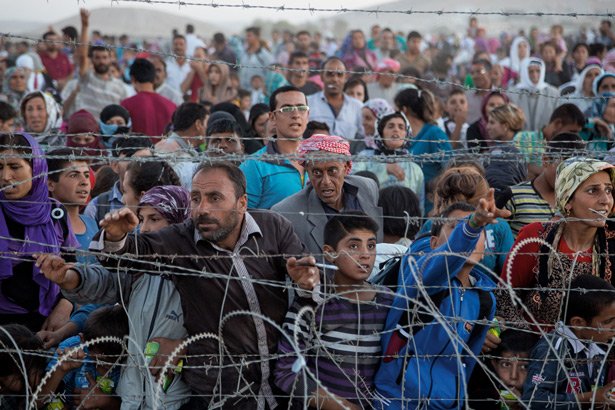The refugee problem is both a complex and multifaceted issue that requires well thought and a multifaceted solution. The question of if a country should follow its own rules or if all countries should unite to follow a common set of rules is a matter of debate among experts for a long time.
It can be argued that a common policy is necessary to effectively address the refugee problem. This approach allows for a coordinated and comprehensive response to the issue, which is especially important in cases where refugees are crossing multiple borders. A common policy also ensures that refugees are treated with dignity and respect, regardless of where they are seeking asylum. Additionally, a common policy can help to mitigate the burden on countries that are disproportionately affected by the refugee crisis, such as those on the frontlines of refugee flows.
On the other hand, it can be argued that each country should follow its policies for the refugee problem. The idea of every country having its own policies on the issue actually makes the countries to be able to modify the policies accordingly to their own economic, political, and social status. Additionally, it allows countries to prioritize the protection of their citizens while also assisting refugees. This approach also makes it possible for every single country to make the best decisions there are for their own and their citizens’ best.
Furthermore, it is crucial to recognize that the refugee crisis is not just a national or regional issue, but a global one. It requires a global solution that considers the root causes of displacement and addresses them through a human-rights-based approach. It is also worth noting that a common policy could be achieved through international cooperation and agreements, such as the 1951 United Nations Convention Relating to the Status of Refugees, which sets out the rights of refugees and the legal obligations of states to protect them. A common policy also might ease the burden on the countries by just simply making them able to share the responsibility among high amounts of refugees.
In conclusion, both approaches for countries – following their policies and following a common policy – have their advantages and disadvantages. A balance between both approaches could be the best solution. Every country can have its own policies for some specific contexts, while also being a part of an international effort to ease the burden on themselves with the help of a convention. This could be achieved through international cooperation and agreements, which sets out the rights of refugees and the legal obligations of states to protect them.

